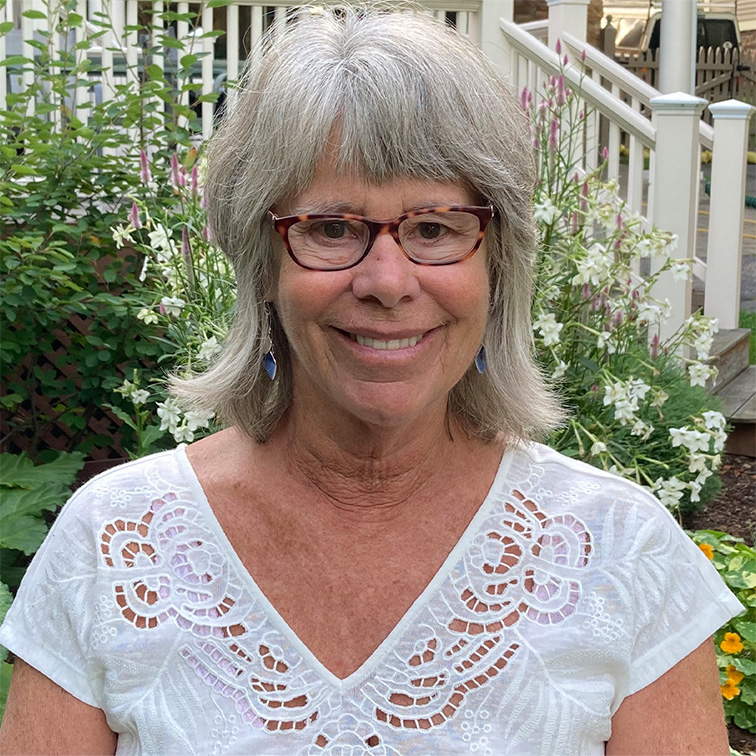Megan Epler Wood
Managing Director, Sustainable Tourism Asset Management Program (STAMP) Center for Sustainable Global Enterprise
United States
Megan Epler Wood is a conservationist, ecotourism pioneer, research leader and consultant on questions of managing sustainable and ecotourism for destinations, business, and civil society. Between 1980 and 1990, she worked on environmental and sustainability communications campaigns, producing US national video campaigns for World Wildlife Fund U.S., supporting major scientific breakthroughs in the worlds of conservation and biodiversity, as the PR and Communications Officer. With scientific grants, including a joint Fulbright award, she and her husband created award-winning documentaries in Chile and Colombia on wildlife and biodiversity conservation distributed by national education and television programs in both countries in Spanish and in the United States in English. As a founder of the field of ecotourism since 1990, she has spent her career working with local people to achieve net positive results for the environment and local well-being. Her work is dedicated to designing and implementing a wide range of inclusive sustainable development solutions with local counterparts. She is presently the Managing Director of the Sustainable Tourism Asset Management Program (STAMP) at Cornell University in the Center for Sustainable Global Enterprise at the SC Johnson College of Business where she is the lead lecturer for a comprehensive 40-hour, self-paced, 2022 digital course Sustainable Tourism Destination Management and leader of major research efforts on sustainable tourism development. Her 2017 book, Sustainable Tourism on a Finite Planet, is used as a text worldwide and reviews the sustainability strategies for each sector of the tourism industry. She was with Harvard University from 2010-2021, leading courses and research, and has led the international consulting firm EplerWood International (EWI) since 2003 to design sustainable, regional tourism development projects, working in 40 countries with support from the World Bank, IFC, IDB, GIZ, and USAID.
